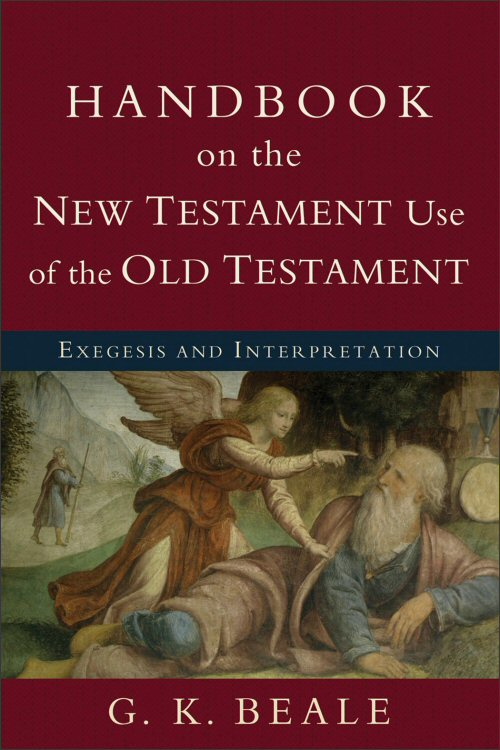As Biblical Interpretation student, I work primarily within the concept of intertextuality. Our course load is designed as such, half New Testament Greek and the other half Old Testament Hebrew. I believe to date, all of the PhD Bib-Interp graduates have written their dissertations on an intertextual topic. Thus, I felt to better myself within this field of intertextuality I needed to take the course titled as such.
Ok- There is a contentious (dare I say hot) origin of the topic of "Intertextuality." Basically two secular scholars made the topic of Intertextuality a real thing, Bakhtin and Kristeva.
Within biblical intertextuality there are three main scholars who have written "handbooks" on the topic. As seen below they have varying requirements for what is an intertextual passage. In the next post I'll discuss the difference between the three types of intertextual passages (Quotation, Allusion, Echo).
Beale:
- To qualify as an intertextual passage to be studied, it must be an intentional use of the Old Testament.
- Primary Requirement: Uniqueness
Steps to discover / understand the passage
- The NT context
- The OT context
- Relevant uses of the OT text in other Jewish literature
- Textual factors (e.g., between the MT, LXX, and textual variants)
- The NT author’s hermeneutical warrant
- The author’s theological use or purpose for the citation
Key Concept:
"good exegesis shows periphery possibilities."
Hays:
- To qualify as an intertextual passage to be studied, it must be an intentional use of the Old Testament.
- Primary Requirement: Shared knowledge between author and audience
Steps to discover / understand the passage
- Availability (source available to author and readers)
- Volume (degree of explicit words/syntactic patterns)
- Recurrence (same passage elsewhere)
- Thematic Coherence (echo fit in argument?)
- Historical Plausibility (intention possible?)
- History of Interpretation (other readers heard same echoes?)
- Satisfaction (Does it make sense?)
Key Concept:
"Recontextualization" In essence, the Apostles read the Old Testament in light of Jesus. Hence his title is "Reading Backwards."
Porter:
- To qualify as an intertextual passage to be studied, it must be an intentional use of the Old Testament.
- Primary Requirement: Shared Knowledge between author and audience
Steps to discover / understand the passage
No real steps to follow except to examine the above three implications.
Key Concept:
"Sacred Traditions" In essence, there are numerous sacred traditions that are at the core of the Old Testament passages, which are continued into the New Testament. Hence his title is "Sacred Tradition."









